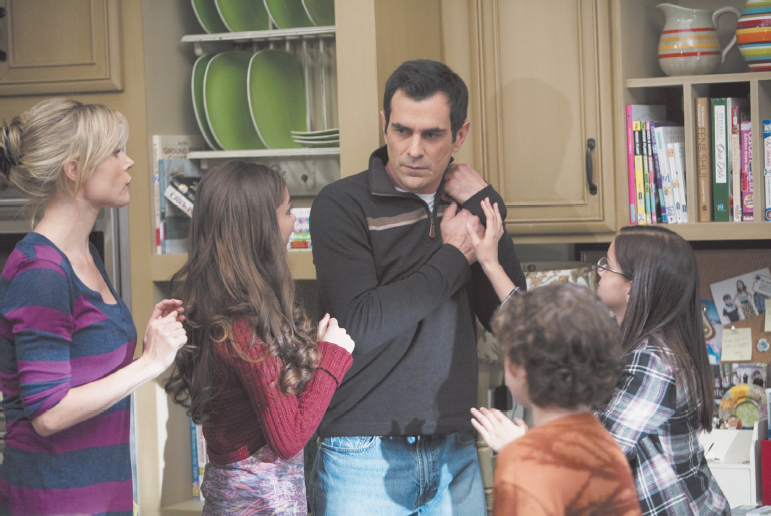10.3.1 Maintenance Strategies for Families
Printed Page 334
Maintenance Strategies for Families
Many people take their family relationships for granted. Instead of communicating in ways designed to maintain these relationships, people assume that "your family is always there for you" (Vogl-Bauer, 2003). As a consequence, we often treat family members less favorably than we treat individuals who have no biological or legal connection to us. But all family relationships need constant maintenance to be sustained. As illustrated by Steven and Roger Ham, three of the most important strategies for maintaining family relationships are positivity, assurances, and self-disclosure (Vogl-Bauer, 2003).

Making You Noise
—for my mother
The day before you are deaf completely, I will make you noise. I will bring birds, bracelets, chimes to hang in the wind. We will drive from Idaho to Washington again, and I will read to keep you awake, and I will tap little poems on the backs of your arms, your neck to be sure you hear me. I will play spoons on your body in restaurants, smack my lips, heave you sighs, each one deeper than the rest. We will finally shout. And then, as quiet slips in, settling over, I will speak. I will keep speaking. I will sing you nonsense songs until you go to sleep.
By Francesca Bell
Positivity The most powerful maintenance tactic for families is positivity (Stafford, 2010). In family settings, this means communicating with your family members in an upbeat and hopeful fashion. To implement positivity in your family encounters, start doing favors for other family members without being asked, and unexpectedly gift them in little ways that show you care. Invest energy into making each encounter with family members enjoyable. Avoid complaining about family problems that have no solutions; ridiculing family members; whining or sulking when you don't get your way; and demanding that caregivers, siblings, or other kin give you favored treatment.
Assurances The second way you can bolster your family relationships is by offering regular assurances of how much your family means to you. Let other family members know that you consider your relationship with each of them unique and valuable, and that you are committed to maintaining these bonds well into the future ("I love you," "I will always be here for you," "I miss you," or "I can't wait to be home again so I can spend time with you"). Avoid devaluing family relationships in front of others ("They're just my family") and commenting on how other families are superior to yours ("I'd give anything to have other parents").
Self-DisclosureSelf-disclosure in family relationships means sharing your private thoughts and feelings with family members and allowing them to do the same without fear of betrayal. You do this by treating other family members in ways that are consistent, trustworthy, and ethical. Ways to practice self-disclosure include making time in your schedule to talk with parents, siblings, or children about how they are doing; encouraging them to share their feelings and concerns with you; and offering your perspectives in a cooperative, respectful way. It also means avoiding communication practices that undermine disclosure, such as betraying confidences, refusing to make time for family conversation, reacting defensively when family members share their feelings with you, disparaging family members' viewpoints, and hiding things from your family.